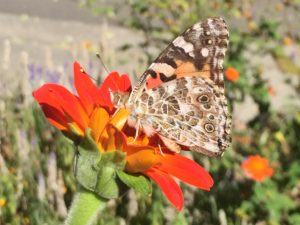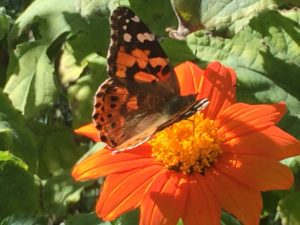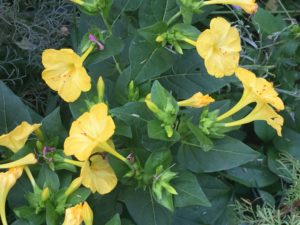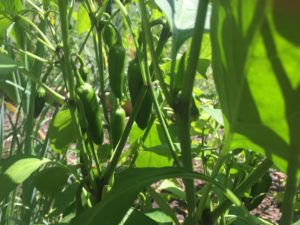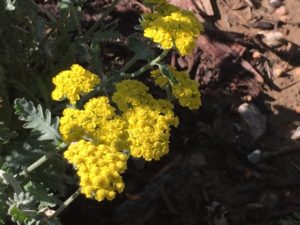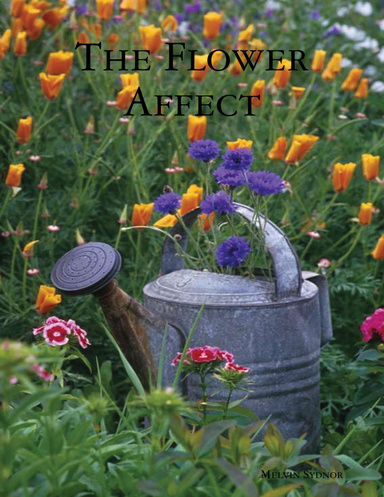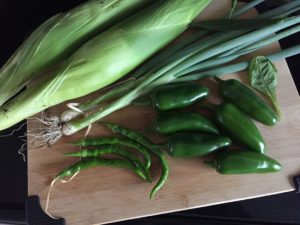
A winter blast in early fall in zone 4 has forced an abrupt end to the growing season and has triggered an early fall harvest. I will utilize some of my garden vegetables to make one of my favorite recipes, Red Salsa. It is easy and simple to prepare for any occasion.
2 15 – ounce cans of fire-roasted tomatoes, drained
1 limed, juiced
1 clove of garlic, minced
1 cup cilantro, chopped
1 jalapeno, diced
½ cup red or white onion, diced
½ tsp ground cumin
½ tsp sea salt
2 – 4 Tbsp green chilies, diced
Simply blend all ingredients in a bowl, chill and serve. Enjoy

